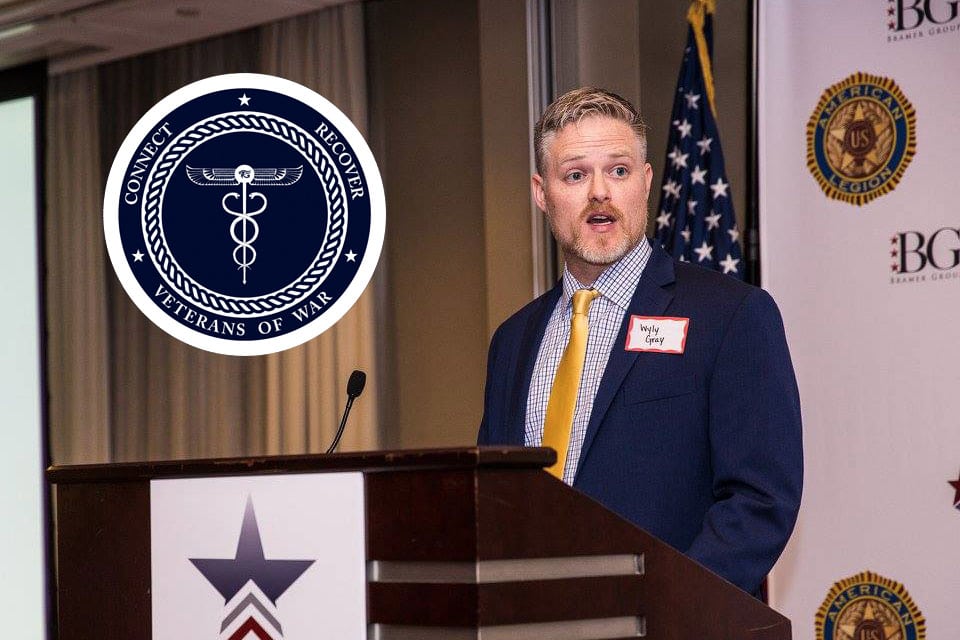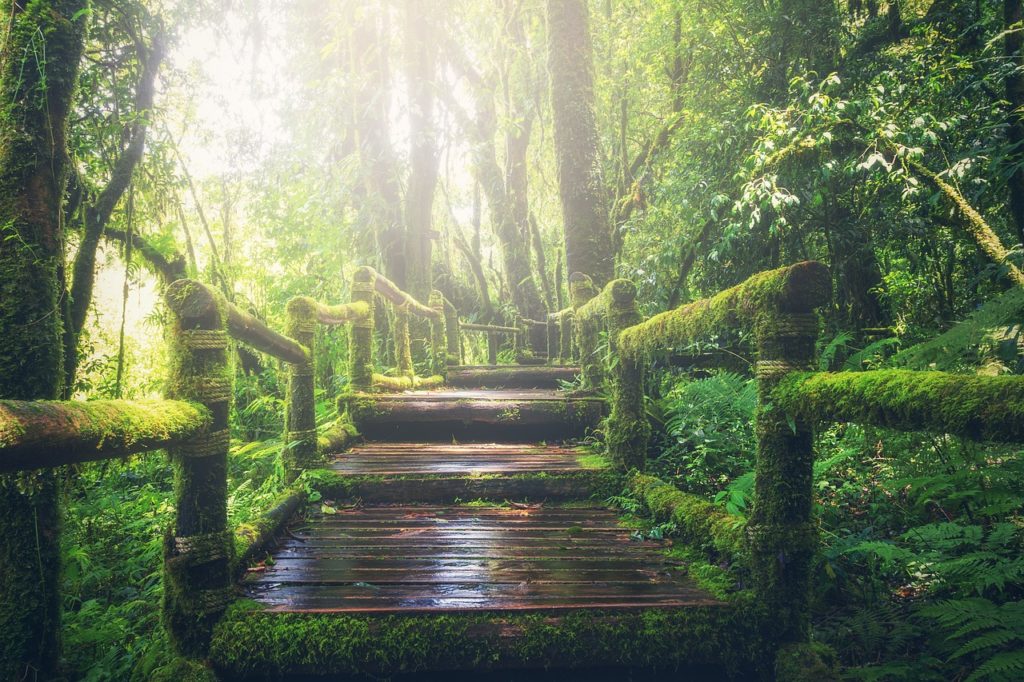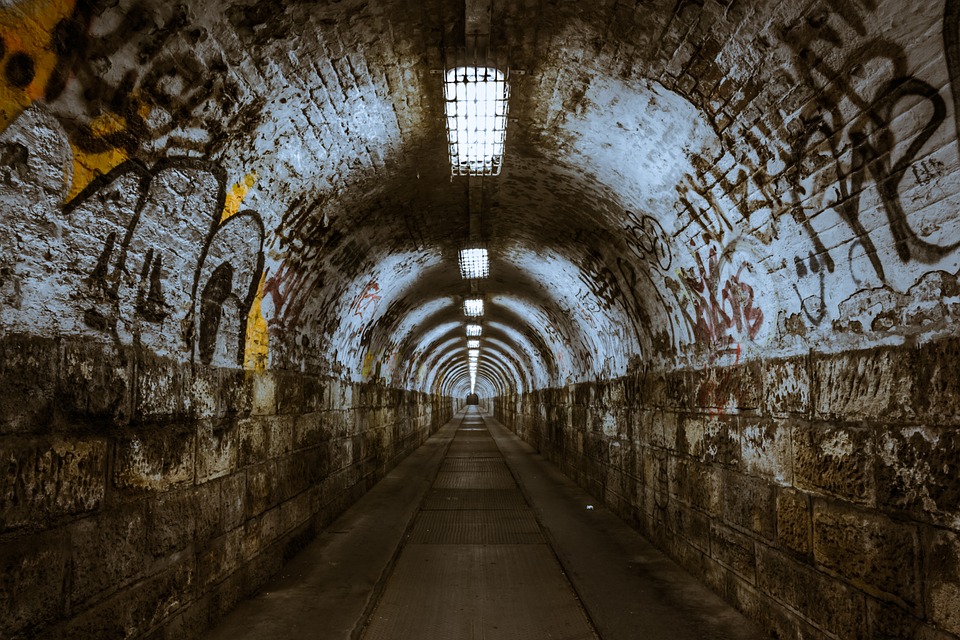
The number of US military veterans committing suicide every day is staggering, and traditional medications and therapies are clearly not up to the task of healing veterans of post-traumatic stress disorder. Breakthrough therapies that use psychedelics to treat PTSD are on the horizon but not yet legally available, leaving many veterans on their own to discover effective modalities outside the mainstream.
In this often desperate voyage of healing, some veterans have discovered ayahuasca. While MDMA-assisted psychotherapy is the most referenced emerging treatment for PTSD, there are no MDMA treatment centers a short flight away in South America. Ayahuasca, on the other hand, boasts hundreds or perhaps thousands of centers throughout Brazil, Ecuador, and Peru, and many people—veterans included—have found great healing through ayahuasca journeys.
The following interview with Wyly Gray documents his own story of suicidal ideation to personal transformation, and why he shifted the focus of his veteran advocacy group Veterans of War after finding great healing with ayahuasca.
Thanks so much for speaking with us, Wyly. Can you share your personal story of discovering ayahuasca and what led you to plant medicine?
I got out of the military in December of 2008 after spending 8.5 years in active duty. Prior to that I was in foster care. I came from a broken family and didn’t really have a steady support structure, so the military was a way for me to be part of something bigger than myself, and gave me access to outcomes that wouldn’t have been traditionally in my trajectory.
When I got out of the Marines, on paper I looked fantastic—but after the death of my grandparents, things got a little touchy and PTSD really started to set in. It presented along a fairly typical route: I had insomnia, suicidal ideation, hyperawareness, hypervigilance, predisposition with safety and security concerns, and I was incredibly quick to anger. I used to be a very slow burn kind of person; it was very hard to get me angry, but it switched to where I was very explosive very quickly.
For a while I trucked along and felt like I could still manage it, and then two years ago my wife and I had a miscarriage.
The military can be a suspicious bunch. You go into harm’s way a few times and build these ideas for how life works, to cope with the situations that you’re facing. One of the things that I always said to God in my mind’s eye was, “Whatever happens to me I’m okay with, because I have big shoulders, but my family—that’s off the table. Protect my family, and I’ll do whatever I got to do in this world.” So when we lost our baby, it was like all bets were off.
I found myself spiralling as deep and as dark as I ever had before. It was incredibly hard for me to do even basic daily tasks. Absolute depression, incredible anxiety, lack of connection, lack of purpose—I was really hurting. And for the second time in my life, I found myself really contemplating suicide. I felt as though I had sustained the maximum amount of trauma that I was able to sustain, so it was time to check out.
Up until that point, my clinicians had told me that this is just something you deal with and there’s no way to get rid of it. It affected me in so many ways that I was just abhorrent to the person that I wanted to be. My memory was incredibly poor, whereas before I had close to a photographic memory. Now it was cloudy, muddy, and frustrating. That led me down the research path, and I looked at some of the physical presentations of PTSD. One of the things I found was it causes an imbalance in your limbic system. According to some research, that’s because the telomeres or “spark plug caps“ in your brain that cause neurons to fire have a protein sheath that gets degraded. Because your neurons can’t fire, your system spins itself up and you start overreacting to everything.
One of the papers I ended up finding was by Gabor Mate, and it spoke about the neuroregenerative aspects of ayahuasca. What was hypothesized in another paper was that it could perhaps regrow the caps at the ends of the telomeres. And then I read that even if that doesn’t happen, it seems to promote the growth of brand new neurons, so I thought, “Well, I may not be able to fix the ones that are busted, but regardless I can get some back.”
So I started doing some research on ayahuasca, and I was terrified. Even with my background, I knew it was a journey into something not well understood and very personal. I was very afraid, so I put it off for years.
Did you have any psychedelic experience before this point?
Two times in my life before I had done psychedelics. I tried mushrooms one time and that made me laugh a lot, but I didn’t feel a character change or major catharsis. Just after the miscarriage I got a hold of LSD for the first time, and when I took it, I took a lot of notes. I found that when I was writing, I was trying to write the heartbeat for my kid, and it just came out as this straight line, and I just started crying. I was absolutely fighting it, but it just kept coming out as a straight line. I cried and cried and cried; it was not a good experience for me. I thought after, “What was I thinking?” But I knew I needed to do something, and while these experiences made me nervous about ayahuasca, I knew I needed to go into the darkness.
So I did more research and found what I thought at the time was a reputable shaman. But like anything, you don’t really know what you don’t know. The guy that I worked with came highly recommended, and had some documentaries done about him. I don’t know what changed between those documentary times and when I got to him, but by the time I met him, his ego was leading the show. He was all about the amount of respect he was getting in the culture, which was none, and the amount of money he could make. For example, he told us, “This is a sacred journey, and all of you have been specially chosen to participate. I don’t just take anyone because money is on the line.” And then a few days later, three new people show up and he says, “They’re just drinking for tonight because they offered me some cash.” His words didn’t match his actions by any means. There was no doubt that his brew was strong, but he cut it with other admixtures like toé, which today I realize is a big no-no, but of course I didn’t know that then.
I had three ceremonies. I was scheduled for a fourth, but the third one with those extra people was so scary in a “my soul is at risk” kind of way, that I literally left the next morning. I got on a plane early, came back to the States, and for two years I didn’t go back. But I knew I needed to revisit ayahuasca again. I was scared by what had happened, but knew much more this time around. I found a very good place in Iquitos, Peru and had an incredible experience.
I had four more ceremonies. The first was basically cleaning up the remnants of the dark work that I had done on accident before. I was still feeling that I was connected to that man and that place, almost like it was haunting me in some way, so the first was uncomfortable but cleansing. But after that, I had some major breakthroughs and understandings of how my trauma can serve me, rather than allowing it to rule me. I received some amazing gifts, and the first was that I could sleep again. I still have difficult dreams, but I realized that although I may not be able to control the dreams, I can control how I react to them. I’m still going to be deaf in my left ear and have tinnitus, but I don’t have to focus on it. I can choose to accept it as it is.
One of the visions I saw really vividly was of Texas bluebells in bloom across a field, and it zooms in and one of them is me. I can see and feel myself in it. I look at it, and it notices me and says, “I don’t want to be a flower.” And I started laughing because I realized how ridiculous it was to deny your purpose. You’re a flower, be the flower! It’s crazy to fight yourself and what you are. From there I was in the maloka, the sacred ceremonial tent, and I’m looking around and there’s a group of veterans that I could tell were struggling with the same things I was, trying to reintegrate into their purpose and make sense of their trauma. I looked at them and they were all laughing, and I realized that I had brought them there and taken them to this spot, and the question was posed to me, “What kind of man are you if you don’t bring this medicine to the people who need it the most?” And then I started crying; I was absolutely shamed. I thought, “How can I go home to my wife if I’m not willing to step out of my comfort zone to help others?’”
One of the things that my shaman said to me was his belief that no matter what your purpose is, it costs everything. He told me the story of starting his ayahuasca center and how it took everything out of him to create it. Will you put your credibility on the line to advocate for this? If you want to help people, are you willing to go out on the edges? I felt as though I couldn’t be who I am without doing this.
So my organization Veterans of War made a huge pivot this year. We went from preserving and sharing veteran stories to preventing veteran suicide. And the way we do that is by creating a curriculum for veterans who are on that edge, and have tried other modalities: the psychopharmacology route, EMDR, talk therapy, adventure therapy, equine therapy… and still need deeper healing. Ayahuasca is just one tool. I know it’s not for everybody. It’s not a silver bullet. It only works if you do; that’s the best way I can say it. It will do as much work as you’re willing to put in. It’s so desperately needed in my community, to find an effective solution. I know that there is hope. I realize that psilocybin and MDMA are in Stage 3 trials, and maybe we’re in the midst of a psychedelic renaissance, but ayahuasca still seems to be an outlier. And I feel that’s a travesty.
We are very grateful to Wyly for sharing his story with us. You can learn more about Veterans of War on their website, and support them on Patreon here.











